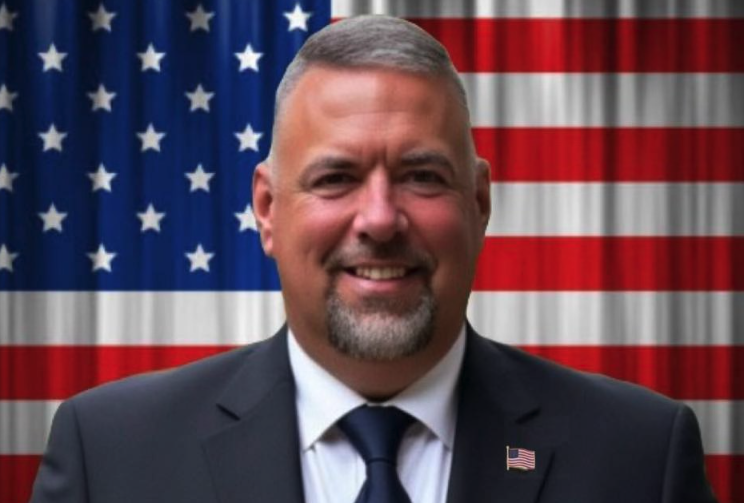Landry’s office underscored the urgency of the investment, emphasizing the transformative potential of reliable internet access for rural and underserved communities.
Louisiana becomes first state to secure federal broadband expansion approval
Published 6:33 am Tuesday, January 14, 2025

- LAConnect officials break ground on broadband in South Louisiana. (Special to the American Press)
Gov. Jeff Landry announced on Monday that Louisiana is the first in the nation to receive federal approval for its $1.355 billion Broadband, Equity, Access and Deployment plan.
This funding, administered through the state’s Granting Unserved Municipalities Broadband Opportunities 2.0 program, aims to connect over 140,000 locations to high-speed internet and drive significant economic growth across all 64 parishes.
Trending
“Louisiana is pioneering the broadband revolution across America,” said Landry in a news release. “This generational investment will create thousands of jobs, drive billions in economic growth, and transform communities statewide. I applaud the Louisiana Office of Broadband Development and Connectivity for their tireless work to ensure that every Louisianian has access to the best digital opportunities our state can offer.”
With federal approval secured, Louisiana will move quickly into implementation, said ConnectLA Executive Director Veneeth Iyengar.
“This marks a turning point for our state,” he explained, noting that construction could begin within 100 days. The ambitious plan will create an estimated 8,000 to 10,000 jobs and generate $2 to $3 billion in new revenue for Louisiana-based companies, with nearly 70% of the broadband funding awarded to local providers.
The program will also allocate over $500 million to initiatives targeting education, workforce development, healthcare, agriculture, and economic development. These efforts aim to maximize the impact of broadband access for residents and businesses alike.
Originally passed in 2021, state officials have expressed great frustration nationwide over delays in rolling out the $42 billion BEAD program, a signature piece of President Joe Biden’s Infrastructure Investment and Jobs Act.
Many states have struggled to navigate federal requirements, such as affordability mandates, which telecom companies argue are overly restrictive.
Trending
Virginia, for instance, was the first to complete its application for BEAD funding but experienced months of delays due to disputes over affordability rules.
According to Politico, the Biden administration pushed for more precise pricing requirements to ensure low-cost internet options, while some states and telecom companies pushed back, citing concerns about feasibility. Ultimately, Louisiana sidestepped such prolonged disputes, securing approval in December.




